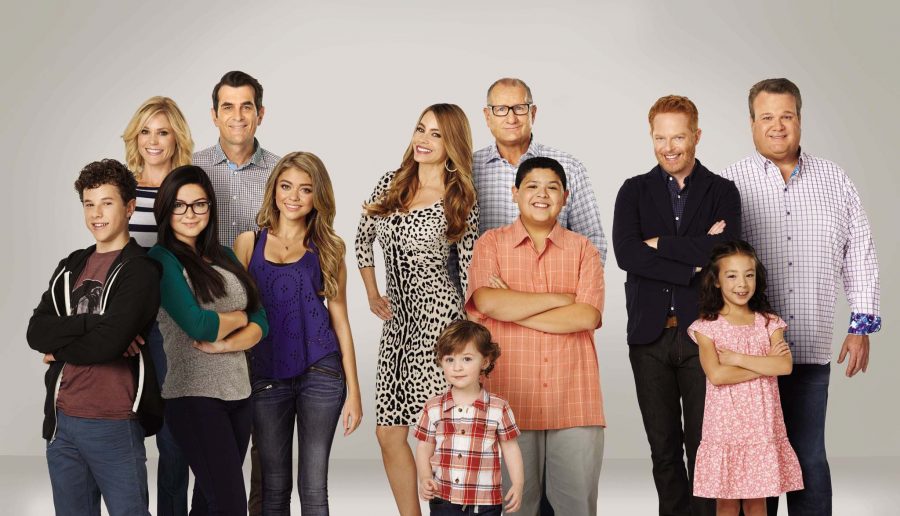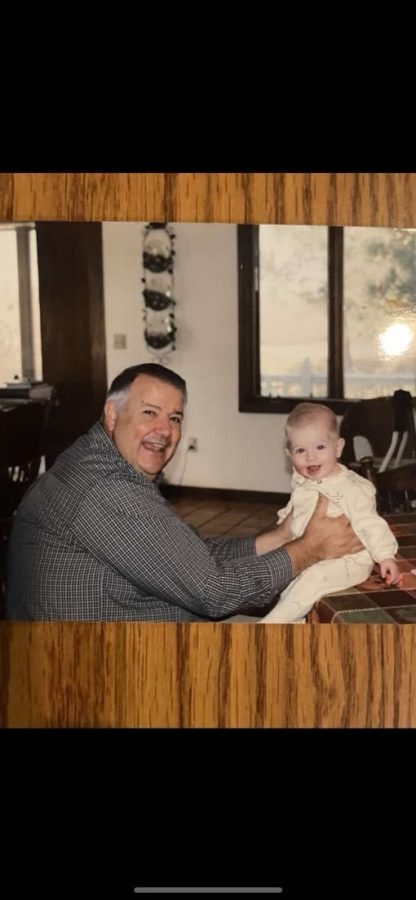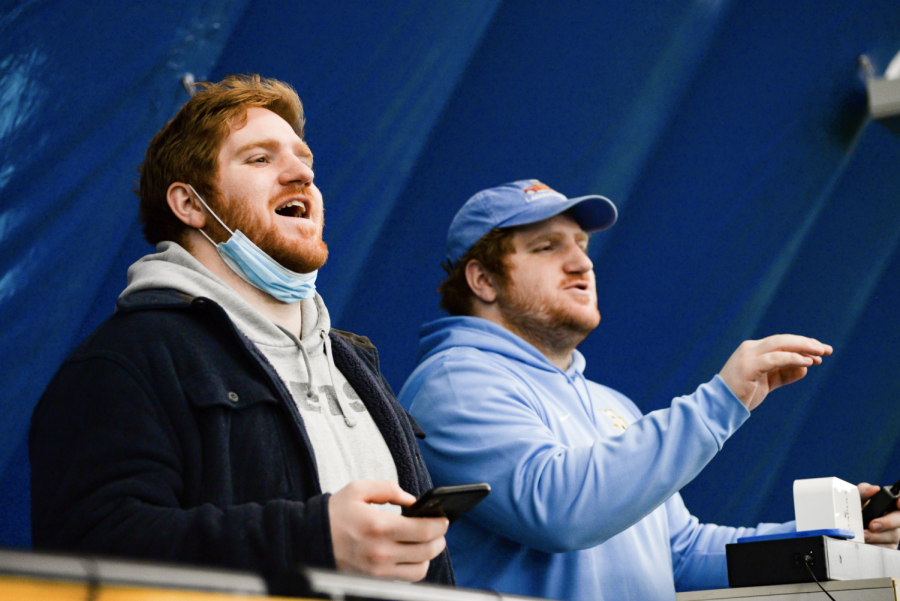When I used to complain to my dad about doing household chores, he would retort, “In the old days, the only reason people had children was for the free labor.” I should be lucky to have so few obligations.
From this exchange, and from TV Land reruns, I’ve gathered that the typical American family looked much different a century ago. I concede this isn’t a profound realization. But still, it lays ground to ask questions about the shifts in typical family dynamics throughout the years.
One very common theme is the personification of “traditional family values” by politicians or media personalities, usually on the right of the political spectrum. But if family values are constantly changing, what does it mean to exemplify ‘traditional’?
These questions bring on a slew of anthropological jargon and name the traditional family as “nuclear.”
It feels ironic that a word like nuclear, which is more often associated with explosions and chaos, would be used to describe the ideal two-parent stable household.
But connotation and etymology aside, the focus of the nuclear family in American sitcoms and marketing campaigns creates a pointed idea of what a “proper” family should look like.
Based on the family structure represented in popular media, my family would seem anything but nuclear.
But in a different sense, and one that is a better representation of what an American family should exemplify, I’d say I absolutely come from a nuclear family, in the sense that my upbringing, and the upbringing of my relatives, was volatile but loving, and certainly well-rounded.
Step-parents, grandparents turned primary caregivers, same-sex couples, foster parents and the like are all capable of providing a loving stable home, but are for some reason not deemed appropriate depicters of the nuclear family.
To categorize each of these extraordinarily different veins of family into the ambiguous “non-traditional” is lazy. It also suggests that a family, home, lifestyle can be only one of two things: good or bad, healthy or unhealthy. The in-between doesn’t exist.
The explanation for why and how any of this is relevant to the masses of the Marquette population begins during freshman convocation.
Even before our formal education began here, we were gathered in a room and welcomed to the university with the promise that a large percentage of us would find our future spouses before graduating. Legend would have it that we would meet that spouse at the annual freshman orientation square dance.
It’s all good fun, and I’m not condemning Marquette for implying I may find love while donning a flowered button-up and cowboy boots. Ultimately though, it perpetuates a very antiquated concept of what a perfect happy family requires.
I’m not going to burn my bra in protest of the patriarchal over emphasis of marriage, and I’m not accusing anyone of oppressing me in that way.
But I do resent the presumption that my goal in life would be matrimony over self-actualization.
There’s an expectation of young people to meet a very specific standard of success in every facet of their lives — professional, personal and romantic. I think we ought to challenge that expectation and instead acknowledge that successful personal relationships and families can exist outside the realm of a two-parent, upper-middle class, heterosexual environment.






